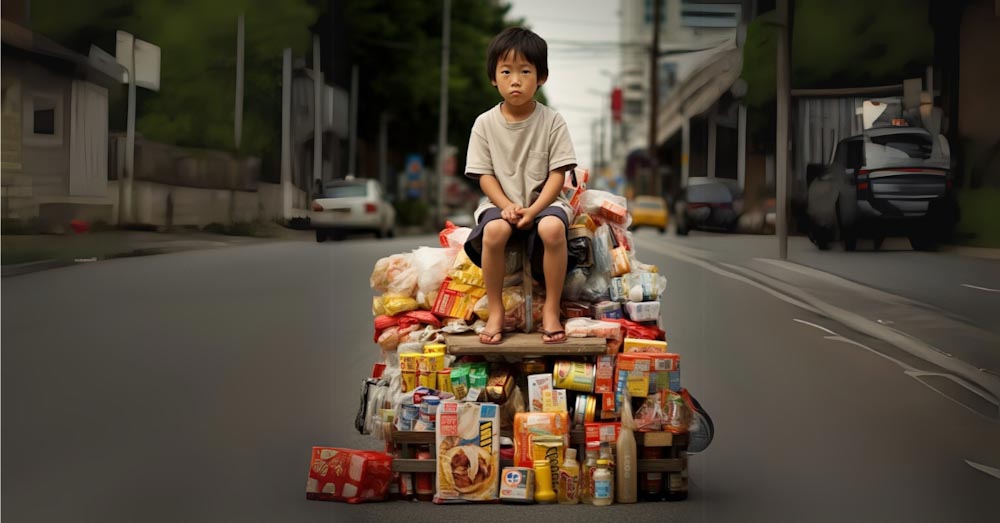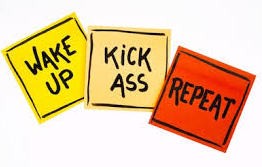
So the world isn’t / wasn’t fair to you. How many people can agree with this statement? I certainly can, as when I was young, my immediate reaction was to:
(1) Wait for the world to give me everything on a silver platter. When this didn’t happen, or rather happened but only to a certain extent (not far enough), I decided to take another course, which was to:
(2) Complain about my circumstances. In fact, I can say that I gave myself depression, as it is likely that you are giving yourself (or gave yourself) one as well, expecting that by acting out (or in) in a negative way, something will change—that universe will notice your negativity and help you fix your circumstances. This is, of course, a variation of waiting for the world to give you everything you want, although with an active component of trying to influence this result by complaining about what you don’t like. Again, maybe this tactic worked for you, but for me, it only worked to a certain extent and for a certain time. So now we are entering the third phase, which is to:
(3) Try to understand why things aren’t working and how to fix them. This is perhaps where I am today, as I am no longer a passive victim of my circumstances but rather an active agent of change, transforming what I don’t like into what I do like.
Here it is important to note that ideally, we all want to live in a paradise, a utopia where people can foresee our needs and act accordingly. However, while the world is great in many ways, it is bad in many others. For example, most people in the developed world don’t need to fear dying from some disease they’ve never heard of or going hungry. In fact, today obesity exists among the poor.
At the same time, we have record levels of depression, stress, social anxiety, and numerous other problems. Now, what are they all about? And why do we still have that? Why aren’t societies fixing these issues for us? And why are we sitting in our comfortable houses, looking at our expensive iPhones, and crying about our lives? Something is seriously wrong in this picture.
My argument is that we have reached a certain social ceiling, and now it is up to us to take things into our own hands and elevate them to the next level and beyond. We can no longer wait and complain. We need to be the agents of change that we want to see in our lives.
In my case, I too got depressed, but later I realized that no one was going to help me get the life I wanted besides myself, so I decided to first understand what I want, and then how to get it.
Certainly, this was a long process and it was responsible for the birth of Optimal Happiness, which you are currently reading. However, once I realized and fixed the most important issues, other issues continued to come up, in an infinite way, as much as the complexity of life (or perhaps we are just too finite to understand it).
Often, solutions to the problems are complex, but certainly not impossible, as I found the ultimate and unconditional formula for happiness, which I teach to interested parties on this website.
So yes, you need to get your hands dirty, or try to find someone who already has, and get these solutions from them, such as I’m offering with happiness. In other words, be the change that you want to see in the world.
And that’s what I wish I knew when I was young.
Stay happy.















3 thoughts on “What I Wish I Knew When I Was Young”
Thank you for the like! Loving your outlook and checking out your courses now!
Hi Roman! Thanks for the inspirational posts!
I went though some long years of anxieties and came out on the other end of things nicely from reading the book “The Worm at the Core: the role of life in death” – co-authored by social psychologist professor Sheldon Solomon. ❤️Much love, your Poet friend Deb
Very insightful! Thank you:)